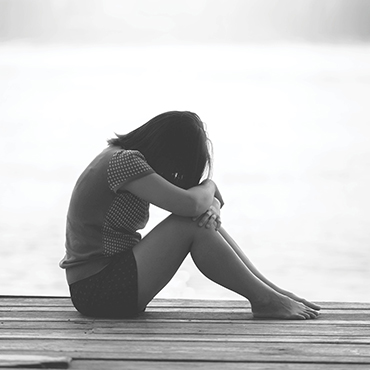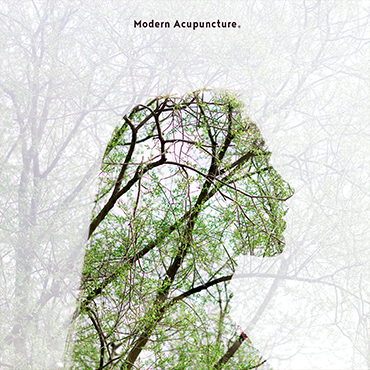Youth Are Restlessly Stressed Out

Kids of all ages face stress, and they may not be equipped to handle it. As grown-ups, we have our share of daily stressors, but while we are busy white knuckling it, it can be easy to overlook how the younger members of our household are being affected by stress of their own.
The COVID pandemic and lockdown has brought about a sense of fear and anxiety around the globe for children and adolescents. Not only are kids dealing with stress, but they are doing it without the benefit of perspective that us adults have. Because they have not yet developed the ability to zoom out and acknowledge that “this too shall pass” they are more likely to catastrophize. The reason they might be acting like it is the end of the world is because that is precisely how it feels. “The part of the brain that develops last is the part that helps the most with coping and decision-making,” according to David J. Palmiter, psychologist and the author of Working Parents, Thriving Families.
Children and adolescents (especially those suffering with anxiety or depression) do not have the same capacity as adults to turn down their “fight or flight” response, so they convince themselves that things are much worse than they really are.
Spotting the Signs
How can you tell if your kid is stressed? Talking to your child about it is not guaranteed to get to the bottom of it as children can’t always pinpoint what they are stressed about and are more likely to minimize the impact of specific stressors when asked about them directly. They might not have the language to put to their emotions or the desire to have them drawn out by mom or dad, which is why it is so vital to spend time together regularly one-one-one-beyond the distraction of devices or the frenzy of early morning activities.
In some cases, children’s stress will present physically, in the form of stomachaches, headaches or mood shifts. Stress is more likely to take the from of behavior regression like trouble eating, sleeping, separating from parents, or increase irritability or anxiety. Other signs include social changes, acting withdrawn, having trouble with friends and changes in academic performance. “Bad” behavior is virtually always a sign that a child is struggling with a felling or situation beyond his ability to cope.
Sources of Stress
There is a disconnect between what children say they are worrying about and what we think is stressing them. This gap could have long-term implications for children’s mental and physical health according to the American Psychological Association. Figuring out what, exactly, is stressing out your kids is half the battle. Certain stressors are prevalent within age groups, but there are also more general culprits that impacts kids from infancy through early adulthood.
Mirroring Our Own Relationship with Stress - Kids are watching all the time, taking in how we resolve conflict, cope with stress, navigate daily challenges and interact with others.
The Outside World - Media exposure and the 24/7 new cycle.
Social Media - As it provides endless opportunities for children to feel excluded, isolated, less than or even bullied.
Too Much Work, Not Enough Play - Focusing too much on academic performance and scheduling every minute of their week. Children need to relax just like we do!
Whatever issues your family might be facing, take comfort in the fact that you are not in unchartered territory, and although it may feel like it- stress certainly isn’t unique to our modern age.
Modern Acupuncture®
Acupuncture has been proven to be a natural stress relief solution for all ages. Our clinics are a great place for families and adolescents to connect together for healthy, mindful activity.
[Back to main news page]



